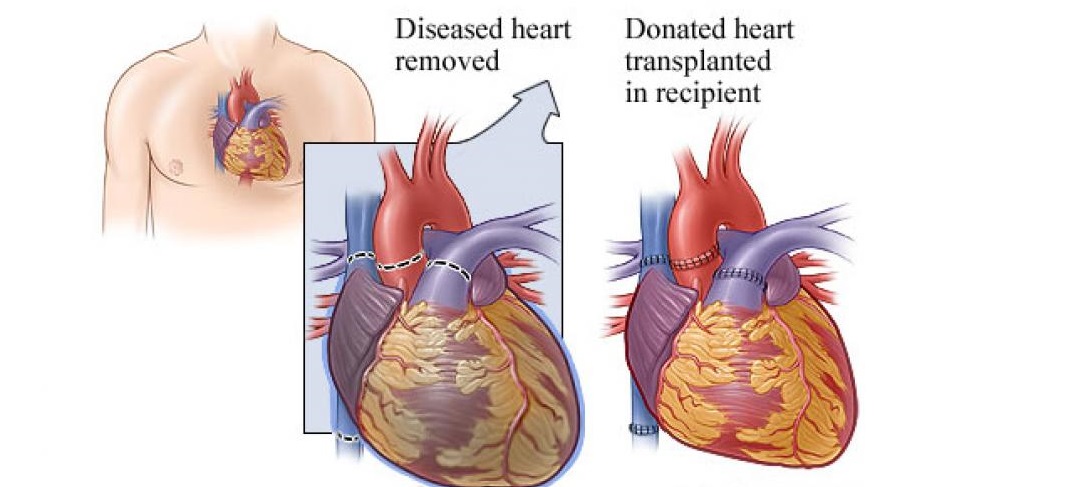Heart Transplant
India
-
Our Price USD 49000
-
Hospital Price USD 54444
-
You Save : USD 5444
Booking Amount: USD 4900. Pay Remaining 90% at the hospital.
Book NowAdditional Credit
Among the important extras we offer as part of the Additional Credit are the following:
-
Site Tourism For The Patient & Attendant
-
Airport Pick & Drop Service
-
Ambulance service at airport
-
Priority appointments with The Doctor
-
Cancel Easily Anytime with Full Refund
-
Room Upgradation
-
Free Online Doctor Consultation Valued at USD 20
-
Free hotel Stay for 5 to 7 days Accordingly
-
Welcome Kit at Arrival
-
Interpreter
-
Medical Visa Assistance
What is Included?
- Doctor consultation charges
- Lab tests and diagnostic charges
- Room charges inside hospital during the procedure
- Surgeon Fee
- Cost of implant
- Nursing charges
- Hospital surgery suite charges
- Anesthesia charges
- Routine medicines and routine consumables (bandages, dressings etc.)
- Food and Beverages inside hospital stay for patient and one attendant.
What is not Included?
- Extra Radiology Investigations
- Healthcare Professionals Charges of other consultations.
- Other Requested Services such as Laundry etc.
- Additional Pharmaceutical Products and Medicines After Discharge from Hospital.
- Management of Conditions Unrelated to Procedures or Pre-Existing.
- The cost of any additional implants will be in addition to the package cost.
Package Description
Heart Transplant:
A heart transplant is a procedure that involves replacing a sick or failing heart with a healthy donor heart. People who need a heart transplant are mainly those whose health hasn't improved sufficiently with drugs or other operations.
When various therapies for cardiac issues have failed, resulting in heart failure, heart transplants are undertaken.
Disease Overview:
Coronary artery disease
Coronary arteries are the blood channels that provide oxygen-rich blood to your heart muscle, allowing it to continue to beat. The coronary arteries run parallel to the heart muscle.
Coronary artery disease is a narrowing or blockage of your coronary arteries caused by plaque accumulation. Coronary artery disease, also known as coronary heart disease, ischemic heart disease, and heart disease, is a kind of coronary artery disease.
Heart Transplant: A heart transplant is a procedure that involves replacing a sick or failing heart with a healthy donor heart. People who need a heart transplant are mainly those whose health hasn't improved sufficiently with drugs or other operations. When various therapies for cardiac issues have failed, resulting in heart failure, heart transplants are undertaken.
Information related to Treatment
Package Details
Days in Hospital
14 Days
Days in Hotel
*
20 Days
Room Type
Private
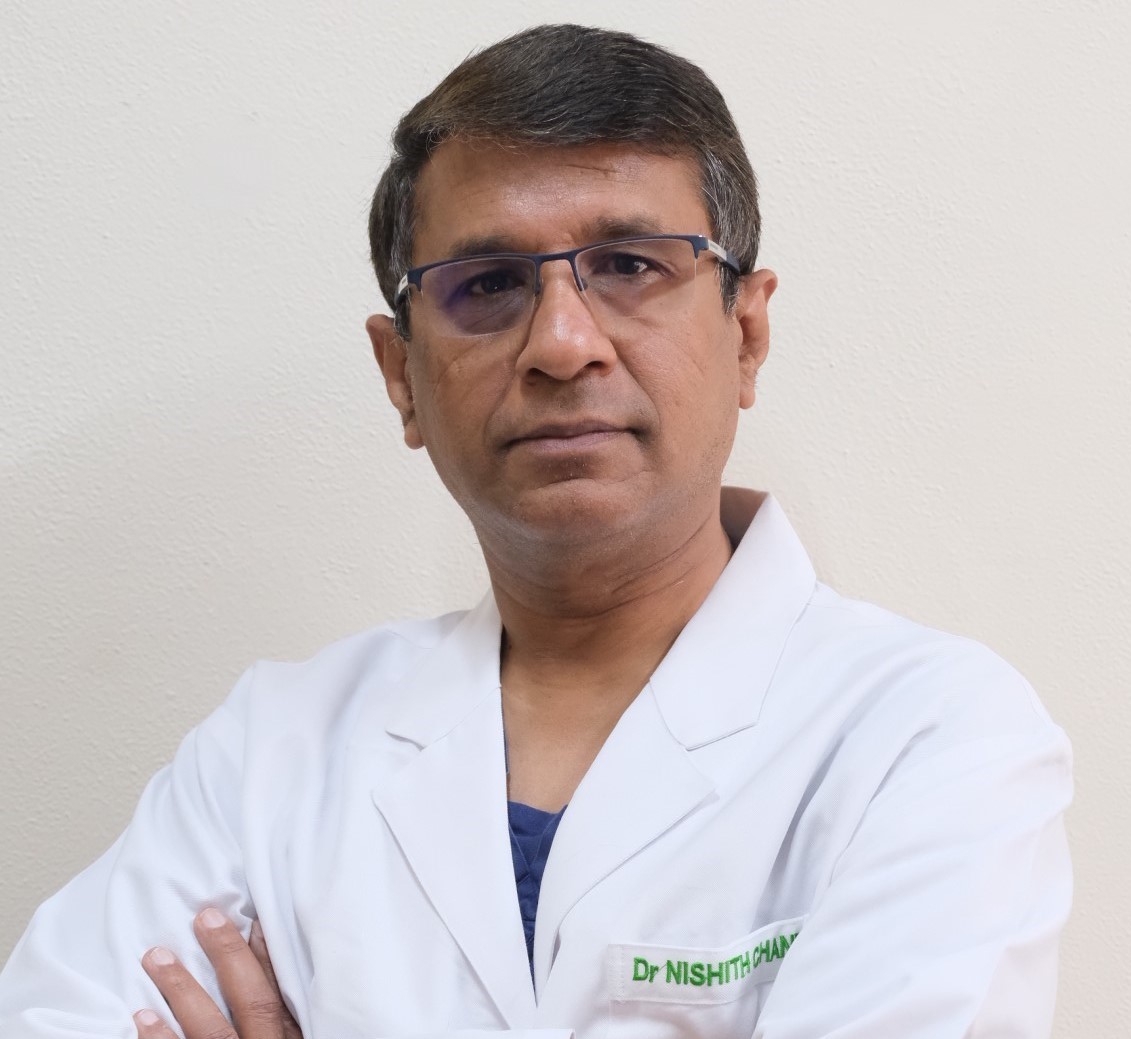
Treating Doctor
Dr. Nishith Chandra
Interventional Cardiologist- Pacemaker Implantation, Coronary Angiogram, Cardiac Catheterisation, Carotid Angioplasty And Stenting, Implantable Cardioverter-Defibrillators (ICDS), Peripheral Angioplasty
Fortis Escorts Heart Institute New Delhi, India
29 Years of Experience
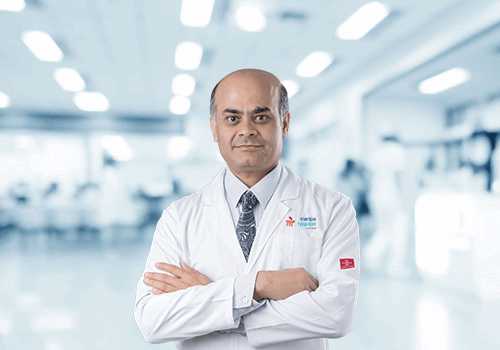
Treating Doctor
Dr. Devananda N S
Cardiothoracic and Vascular Surgeon- Aortic surgery, Congenital heart surgery, Coronary artery bypass graft (CABG) surgery, Heart transplant, Heart transplant, Mitral Valve Replacement & Repairs, Lung Tranplantation
Manipal Hospital (Old Airport Road) Bangalore Bengaluru, India
31 Years of Experience
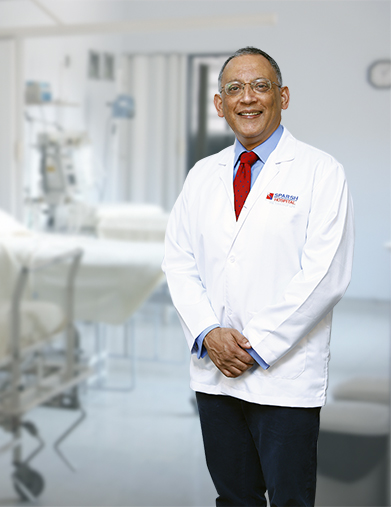
Treating Doctor
Dr. Kumud Kumar Dhital
Cardiothoracic and Vascular Surgeon- Heart transplant, Heart transplant, Heart Failure Surgery, Lung Fibrosis, Lung Tranplantation
Sparsh Hospital (Yeshwanthpur) Bangalore Bengaluru, India
25 Years of Experience
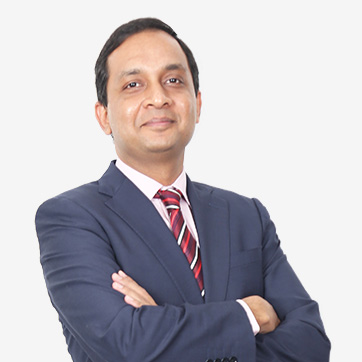
Treating Doctor
Dr Pravin Kulkarni
Cardiothoracic and Vascular Surgeon- Left ventricular assist device (LVAD), Aortic valve surgery, Coronary artery bypass graft (CABG) surgery, Heart transplant, Aortic root replacement, Aortic Arch replacement, Extra Corporeal Membrane Oxygenation-ECMO, Mitral Valve Replacement & Repairs, Aortic Valve Replacement & Repairs, Off-pump beating heart bypass surgery
Global Multispeciality Hospitals, Mumbai Mumbai, India
20 Years of Experience
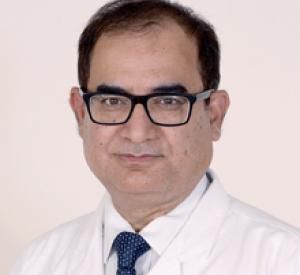
Treating Doctor
Dr Rajnees Malhotra
Cardiac Surgeon- Left ventricular assist device (LVAD), Coronary artery bypass graft (CABG) surgery, Heart transplant, Heart Failure Treatment, Minimally invasive Cardiac Surgery, Heart transplant, Extra Corporeal Membrane Oxygenation-ECMO, Robotic Cardiac Surgery, Mitral Valve Replacement & Repairs, Atrial Septal Defects (ASDS), Aortic Valve Replacement & Repairs
Max Super Speciality Hospital New Delhi, India
31 Years of Experience
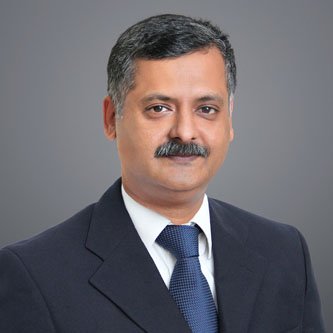
Treating Doctor
Dr. Praveen Varma
Cardiothoracic and Vascular Surgeon- Aortic valve surgery, Heart transplant, Heart transplant, Cardiovascular and Cardiothoracic Surgery, Heart valve replacement, Heart valve repair, Hypertrophic cardiomyopathy treatment, Lung Tranplantation
Amrita Institute of Medical Sciences and Research Centre, Kochi Cochin, India
16 Years of Experience

Treating Doctor
Dr. ARORA SONALI
Cardiologist- Left ventricular assist device (LVAD), Heart transplant, Heart transplant, Mechanical Ventilation, Ventricular Assist Device Implantation
Deenanath Mangeshker Hospital and research centre, Pune Pune, India
Years of Experience
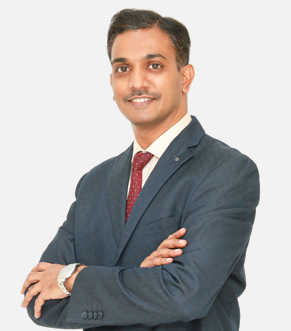
Treating Doctor
Dr Madhusudana N
Transplant surgeon,Cardiothoracic and Vascular Surgeon- Aortic surgery, Heart transplant, Minimal invasive cardiac surgery, Extra Corporeal Membrane Oxygenation-ECMO, Pulmonary Thromboembolic Disease, Lung Tranplantation
Gleneagles BGS Hospital, Kengeri, Bengaluru Bengaluru, India
14 Years of Experience
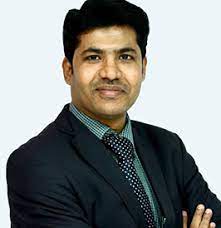
Treating Doctor
Dr. V. Narendra Kumar
Cardiologist- Pediatric Cardiology, Heart transplant, Heart Failure Treatment, Heart transplant, PCI (Percutaneous Coronary Interventions), Coronary imaging like IVUS and OCT, Lung Tranplantation
Dr. Rela Institute and Medical Centre, Chennai Chennai, India
17 Years of Experience
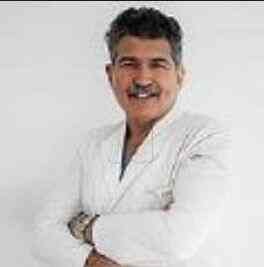
Treating Doctor
Dr. Vijay Kohli
Cardiac Surgeon- Cardiovascular and Cardiothoracic Surgery, Heart transplant and Ventricular Assist Device Implantation
Medanta-The Medicity, Gurgaon Gurgaon, India
36 Years of Experience
Similar Packages
Frequently Asked Questions
India's heart transplant package prices vary depending on what is included and what is not. The total cost of the heart transplant package typically covers all of the patient's pre- and post-operative costs. In India, the heart transplant package covers hospital stays, anaesthesia, and surgery expenses. The total cost of a heart transplant in India may vary depending on factors including an extended hospital stay, post-operative problems, or a new diagnosis.
In India, heart transplants range in price from $50000 to $90000. India has numerous facilities with JCI and NABH certifications that provide heart transplants.
India is among the best places to get a heart transplant. It has several accredited hospitals, reasonably priced medical care, and some of the top medical fraternities. The following are a few other well-liked locations for heart transplants: Singapore, Turkey and Israel
In India, there are numerous hospitals that conduct heart transplants. The following are a few of India's top heart transplant hospitals: Indraprastha Apollo Hospital Sri Ramachandra Medical Centre Fortis Flt. Lt. Rajan Dhall Hospital Fortis Escorts Heart Institute, Okhla Max Super Speciality Hospital, Saket Max Super Speciality Hospital, Patparganj Global Health City Apollo Hospitals Bannerghatta Narayana Institute of Cardiac Sciences
Patients receiving heart transplants in India are recommended to remain for approximately 45 days in order to recuperate before being released from the hospital. It is crucial to perform all follow-up testing during this time to make sure the operation went well and the patient is cleared to return home.

